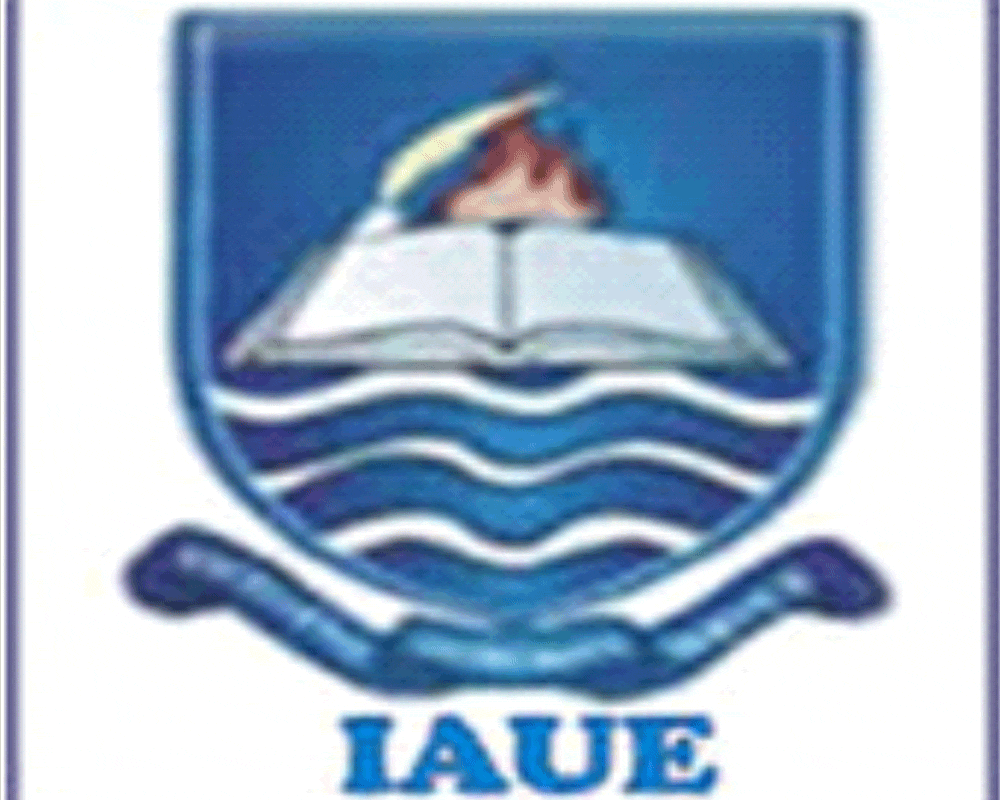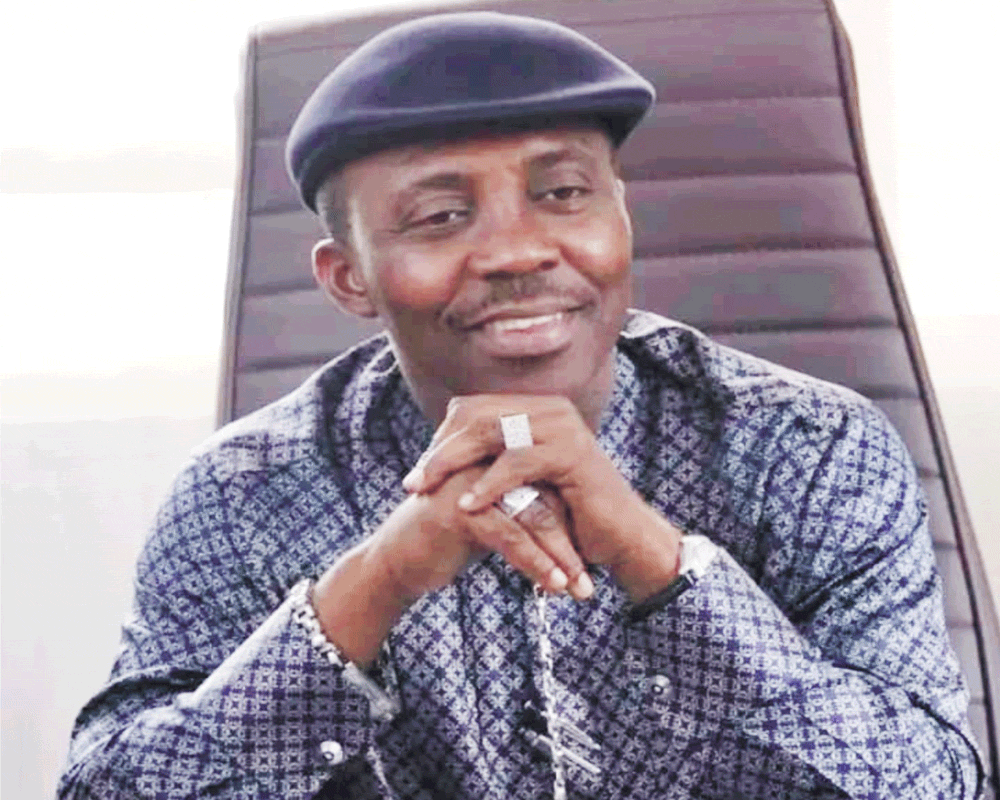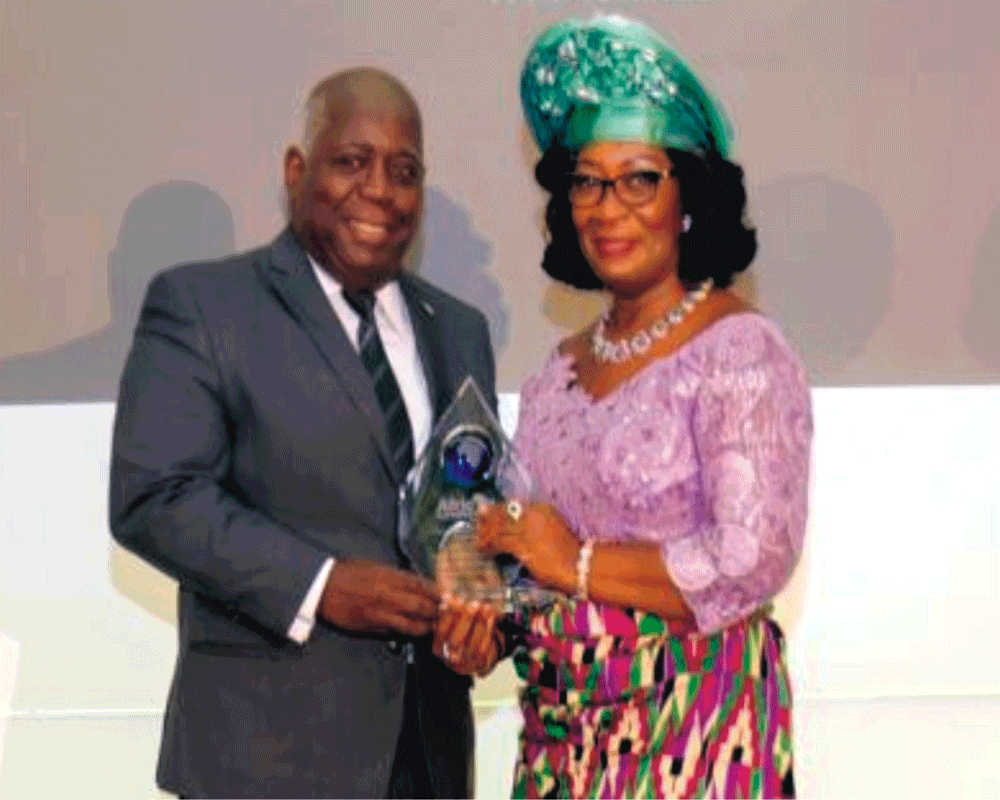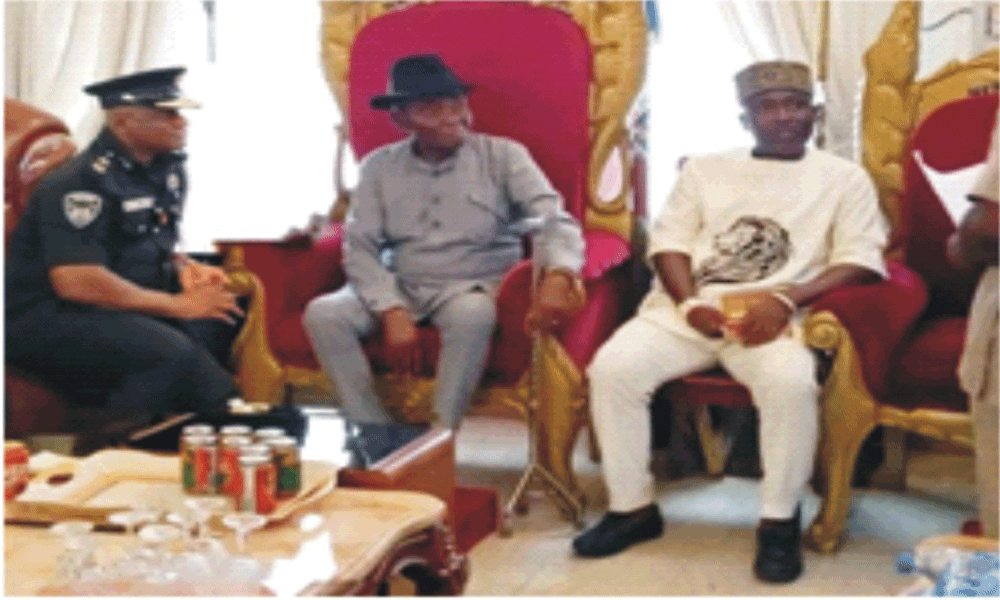Onoh Takes On Amaechi Over Abandoned Properties
The Southeast spokesman of the Bola Tinubu presidential campaign council, Dr. Josef Onoh has asked the former Minister for Transport, Chibuike Amaechi, not to stir the hornet’s nest of one of the Igbo woes in Nigeria, nor drag the All Progressives Congress (APC) into his personal agenda by recalling the ugly incident of the Port Harcourt Abandoned Properties.
Amaechi had while leading the APC Gubernatorial candidate in Rivers State, Tonye Cole, in a campaign, told an Igbo audience in the state that their Properties that were declared ‘Abandoned’ in 1970 after the civil war would be returned to them if they vote for Cole.
Onoh said that Amaechi has touched on one of the emotions of the Ndigbo, which they were almost getting through with, and asked him to refrain from such careless talks.
He accused Amaechi of desperation in politics, stressing that the leadership of the APC as a political party was not a party to such a vague promise, hence any issue and promises made reflect Amaechi’s personal opinion which he alleged the former Minister has employed in a bid to sell his political godson in Rivers State.
Onoh wondered why Amaechi did nothing about the Abandoned Properties when he was Governor of Rivers State, but has now turned around to claim saintly in a matter he knows he has no more powers to offer a solution to.
“On the 6th of November 2000, a fellow state legislator like us in the Imo state House of Assembly, Hon. Chief Noel Chukwukadibia, echoed the call that the issue is revisited, but Amaechi as the Speaker of Rivers state House of Assembly, personally responded and cautioned the Igbos against reopening the issue of the abandoned property, stating that the position of the people of Rivers state remained that the matter was closed; and today the same Amaechi is reopening it just for political gains,” Onoh recalled.
He however gave kudos to some of the Ikwerres who refused to lose their Igbo identity and remained steadfast and resilient in the acknowledgment of their origin, nothing that he thought Amaechi was one of such courageous Igbo, but has proved otherwise.
While reminding Amechi of his history and that of the Igbos in Port Harcourt which originated as a new urban, commercial, and industrial centre with the survey in 1913, Onoh stated that today, the peoples of Diobu and Okrika, two Rivers state communities, lay territorial claim to some parcels of the city by virtue of legal representations and undertakings that they made with the colonial administrators in that year.
“The expansion of the Port Harcourt wharf was one of the driving forces that led the colonial Masters to approach my great grandfather Ozo Efungwu Enugwu Nnadi Onoh (in recognition of his sacrifice Enugwu was named in his honour); His cousins and Chief Onyeama of Eke (grandfather of the present Minister for Foreign Affairs, Geoffrey Onyeama), jointly executed the deed of grant of November 1915 and 1917 which today is Enugu State.
“This partnership led to the construction of the railway, first to the coal mine at Udi my home town near Enugu, then the further expansion into the North, created what was perhaps the greatest urban migration in Nigeria. The largest group of immigrants, naturally, came from the East, and the majority were Igbos.
“In 1921, for example, Port Harcourt’s population was estimated to be at about 7,233 residents. The Nigerian ethnic composition of the population had Igbos at 62.1 percent, Yoruba 10.3 percent, Hausas 4.3 percent, Ijaws 3.6 percent, Efiks 3.3 percent, Ibibios 2.9 percent, and others 4.3 percent. Non-Nigerian Africans were 7.1 percent of the population and the Europeans constituted a meager 2.2 percent of the population.
“Permit me to educate you further on issues of abandoned properties being a direct descendant of a victim as my father lost 16 buildings in Port Harcourt to that act of our dark history. The first serious attempt to find a solution to the problem was made in 1975 with the setting up of the Col.S. F. Daramola Panel by the late Gen. Muritala Mohammed, his policies transcended ethnic geopolitics.
“In accepting the recommendations of the Panel, Muritala adviced in a broadcast to the nation and I quote: ‘At this stage, any just solution to the question of abandoned properties must involve the spirit of give-and-take on all sides.’ He announced a package of N14 million to enable the two states (Rivers and East Central) to pay rent arrears on all the building property.
“Both state governments were directed to pay adequate compensations on all acquisitions to the owners. Specifically, Adeniji enumerated in his review that the White Paper on the Panel’s report directed that 75% of the houses in Port Harcourt should be sold to indigenes of Rivers State while 10% should be sold to other Nigerians, excluding the Igbos. By mathematical deduction, 15% of the buildings in Port Harcourt were to be released to the Igbo owners. Those who have their buildings now belong to this latter category.
“The Federal Government also set up the Abandoned Properties Implementation Committee (APIC) under the then Maj. David B. Mark and charged the Committee with the implementation of the recommendations. The degree of success or failure was unsatisfactory to the Igbos and political pressures on the Federal Government continued.
“Gen. Olusegun Obasanjo succeeded Gen. Murtala Mohammed in February 1976, after the latter’s assassination. Obasanjo promulgated Decree 90 of 1979 which effectively rendered the decisions of the APIC incontestable in the courts. The Igbos temporarily contained their grudge.
“In 1979, Alhaji Shehu Shagari took over from General Obasanjo, he was greatly loved by the Igbos yet he did not get any respite for them on the issues of abandoned properties. In yet another well-intended solution, the Rivers State government under Chief Melford Okilo entered an agreement with the Federal Government, whereby the latter kept N26 million from the Rivers State statutory allocation as compensation to the Igbos on the acquired properties. The Igbos would not be pacified.
“Then came Gen. Mohammadu Buhari in January 1984. He was not spared the headache that surely must be an affliction when one is besieged by such doggedness. He appointed the Dickens Sanomi Commission of Inquiry to investigate yet a new set of charges brought up by the Igbos. Then came Gen. Ibrahim Babangida in August 1985 who did not grapple with the issue, same with Gen. Sani Abacha and others. And most especially your good self as two times Governor of Rivers state you failed to do anything, unlike the others before you that clearly can be said they attempted to do something, sadly in your case you did nothing.
“I advise you be careful at the promises you make in your quest for political relevance because the issues of abandoned properties bear a caused persistence that is myopic and borders on avarice–an ill wind that blows nobody any good.
“Parallels abound in our past, it would appear that the wages for committing ‘sin’ against Igbo vital political and economic interests is death. It is a religion deep with the knowledge of the gods, and dutifully practised by its Igbo apostles and laymen, all the way down to the motor park touts.
“In contrast to most religions, however, the adherents of this religion do not believe in the fallibility of human thinking nor the redemption of the human soul. Their god does not understand forgiveness except in cases of intra-tribal sin, and so, they are not bound to forgive anyone outside their tribe for any real or perceived political and economic sin against the Igbos.
“Political desperation should not let you lose the sense of sensitivity and resurrect old wounds. Leave the past to rest in peace. With the current events witnessed in the immediate past presidential and National Assembly elections, it’s clear we have come to a turning point in our political history as a nation.
“We can foolishly go on as we have been going and eventually crash, or we can stop—and with a decisive act of willpower, we can renew hope and a better future for our Party and our people. Instead of scaring old wounds capable of dividing our nation in pursuit of personal interests.
“As politicians, we now realise that the youths are angry and feel let down by the system, hence it is time to reassure and heal. May that act of healing be the prelude to a lasting positive legacy of the incoming administration,” Onoh prayed.




